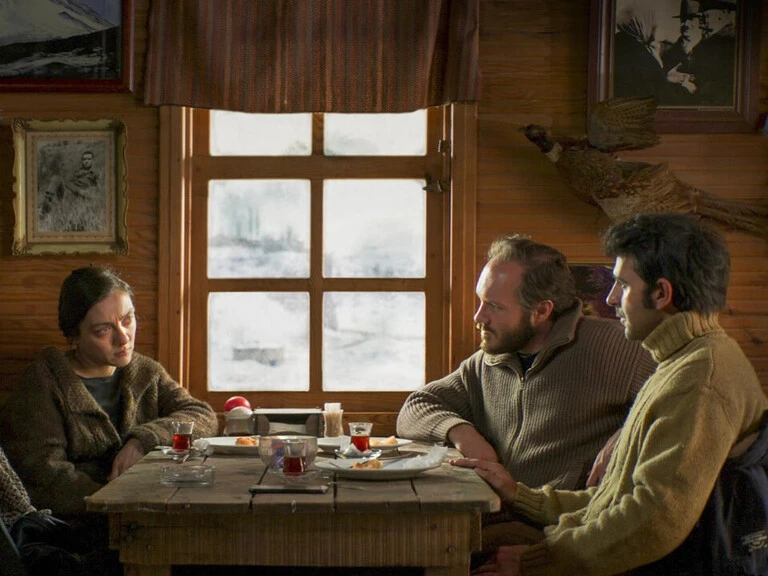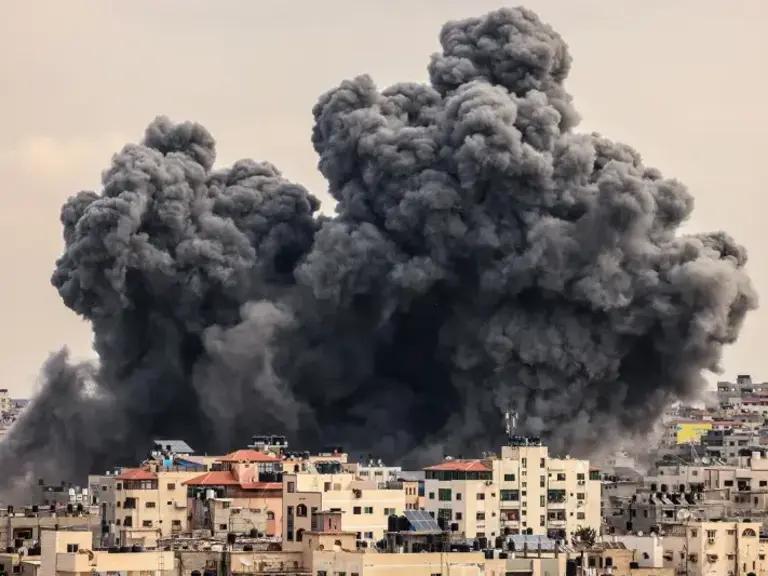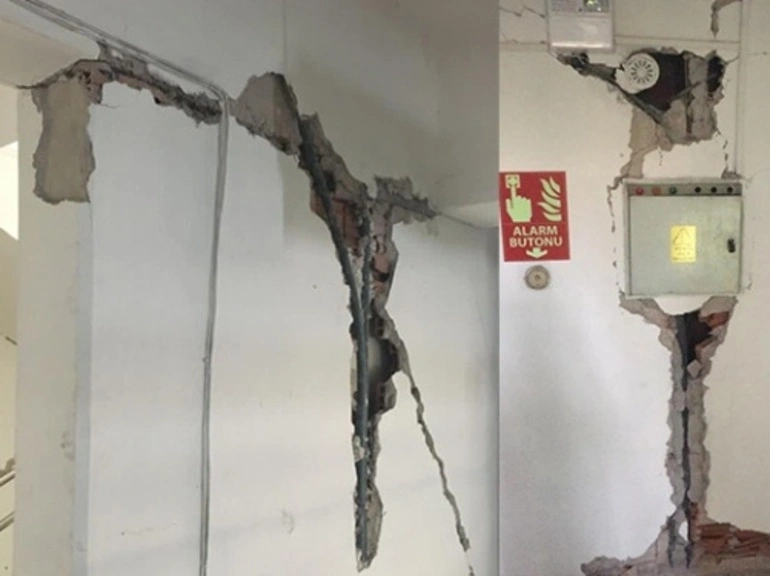About Dry Grasses (2023)
31 October 2023 – İlhan Archy

It’s been almost nine days since I went to see Nuri Bilge Ceylan’s movie, hoping that it would be a topic for my articles, which I have been taking a break from (or rather, not continuing) for a while. I didn’t want to sit down at the keyboard right after I left the theater with that intensity of emotion. I wanted to let it brew inside me for a while. My plan at the time was to write my opinion on the movie a few days later with what was left in my head. But various commitments and laziness got in the way and it didn’t happen.
Now that we have left the introduction behind, let’s start. But before we get to the movie, I would like to say a few words about the uproar that has been going on even before the movie arrived. Since the day the title of the movie was announced, I have come across two types of criticism that can be diversified around the question “Not the countryside again?” and “praise of the countryside”. What I have to say about these objections, which I think are baseless, is as follows:
- First of all, the narrative language of a movie and what it tells is more important than where the events take place, and in the case of On Dry Grass, this phenomenon is more prominent. I’m not saying that the background and locations are unimportant, but sometimes I think they are exaggerated. For example, I’ve never seen anyone complain that Martin Scorsese or Woody Allen’s films are mostly set in New York. Some directors are loyal to the places they consider appropriate to their language and there’s nothing wrong with that.
- To complain about the praise of the countryside in Nuri Bilge Ceylan’s films, it seems to me that one must have never seen his earlier works. This is perhaps the last thing the director does, reflecting the suffocation of the places where he tells his stories and the hypocrisy of the characters. In general, the protagonists are people who can be seen as prisoners of the provinces they are trapped in.
Now, if we come to our movie; yes, it is set in the countryside again and yes, there is no attempt to praise rural life. Everything seems to be okay so far. Nuri Bilge Ceylan has again shown his mastery. The images, compositions etc. are absolutely stunning. In some scenes (especially indoors) I saw some things that disrupted the continuity of shots between cuts, but these things seemed insignificant to me because they didn’t interfere with the pleasure of watching. The interiors feel realistic in every detail and reinforce the believability. In wide spaces, it felt as if something was always happening outside the frame. As you can see, I have no complaints about the visual language of the movie.
Anyway, we did not expect Nuri Bilge Ceylan’s films to have low-quality shooting; he passed the class in that respect. But in terms of fluency, lines, storytelling, and acting, which our beloved director has been constantly criticized for since the early stages of his career, there are elements that you may love or hate depending on your personal tastes.
Now, let’s dig a little into the content of the movie. In a nutshell, the movie tells the story of the characters who are teachers in Erzurum and the people around them, but this movie has perhaps the most disturbing characters of Nuri Bilge Ceylan’s career. This was one of the reasons why I wanted to write about the movie immediately after leaving the theater. For a moment I wondered if the characters and their reflections made me so uncomfortable that I couldn’t like the movie. But no, there are some details that stand out in the basic narrative of the movie.
Nuri Bilge Ceylan has a politically explicit attitude in the movie that disturbed me. It’s as if he’s shyly and subtly getting into the current political power’s wheelhouse. This could be entirely my inference, but some details seemed to point to this. Without giving away too many spoilers, there are some events that lend a shoulder to the “compassionate and understanding” state discourse that permeates certain parts of the movie.
I was going to say that these events have something to do with the relative flexibility of senior officials who are far from the center of the state. But in some places, I was struck by lines that suggested that the film’s political tension (which is gradually increasing in the background) is of “Old Turkey” origin. Again, this could be my inference. Nevertheless, this was always in the back of my mind as I watched the rest of the movie after the first time I saw it. And I can say that the movie didn’t let me forget it with the events that unfolded later.
When all this is added to Nuray’s slightly more radical and caricature-like political stance in the discussion scene between Samet and Nuray at the end of the movie where the tension peaks, it is as if the puzzle is completed. At least it felt that way to me. To be frank, this state discourse between the lines exhausted my patience in the last hour of the movie. Nuri Bilge Ceylan, already back to his old habits, did his best to undermine the narrative fluency of the movie. While the film has a strong enough visual language, Ceylan’s use of extra shots to underline certain moments and his long and tiresome lines prevented the movie from flowing for me a bit.
At this point, I would like to compare About Dry Grasses with Burning Days (2022). You may remember that Burning Days was one of the most controversial films in the country’s cinema last year. Although the main uproar was over the “gay romance”, the fact that the movie had a very clear oppositional stance was probably one of the important factors in that chaos. About Dry Grass, on the contrary, while the movie vaguely supports the state policy and apolitical stance, in some places it feels like it has done what is necessary for remunerating the TRT (official radio and television agency) support. I don’t want to accuse, but some small narratives bothered me more than necessary, and this is not something that happens to me very often. Generally, when I watch a movie, I try to interpret its good points independently of my political stance, but this time the language of a movie coming out of this country made me tired and bored me more than I expected.
Lines and characters were added to this problematic narrative. As if the boredom of the roles assigned to the characters wasn’t boring enough, the stilted speeches, which we wouldn’t expect in rural Erzurum, added salt on top of it. Moreover, the character of Samet is flawed in many ways. The movie’s narrative, which avoids going too deep, also leaves you with question marks in your mind.
Don’t be misunderstood! Deniz Celiloğlu does a marvelous job as Samet. On the one hand, he conveys the stuckness of the character, on the other hand, he allows his uncanny side to affect us. The same goes for Merve Dizdar as Nuray. Although she doesn’t appear much in the first half of the movie, she gradually grows and gives us an unforgettable acting experience. I would say don’t pay any attention to the objections made everywhere saying “the duration of Merve Dizdar is too short”. His body language, facial expressions, voice, etc. were very good in every aspect.
Final Word: With this movie, Nuri Bilge Ceylan is imposing a political legacy on himself that he must come to terms with. Whether he will come to terms with it in the future or not is up to him. Although this work disturbed me, perhaps because I am a dissident, I cannot say that it takes away much from its quality.



